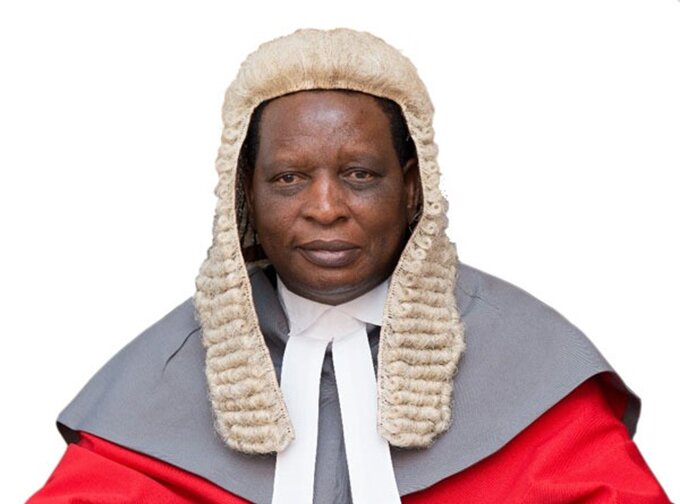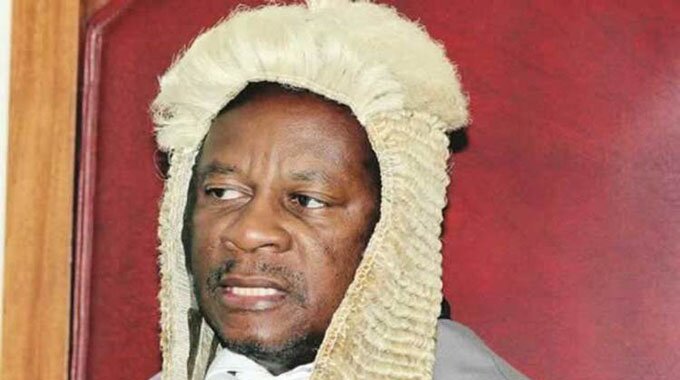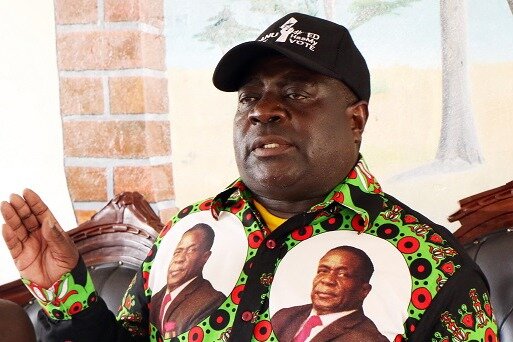Mukudzei Chingwere Herald Reporter
President Mnangagwa yesterday participated in a virtual Junior Cabinet meeting from State House while his junior counterpart, Mukudzeiishe Madzivire, led his team from the Munhumutapa boardroom in Harare.
In a lively interface in which Cde Mnangagwa demonstrated his attribute of being a listening President, the junior ministers thanked Government for the way it has handled the Covid-19 pandemic, noting Zimbabwe’s recovery rate of around 78 percent and 227 deaths from a virus that has killed almost one million people globally this year alone.
Madzivire said there should be no compromise in dealing with rights and the future of children.
“We were there, actively advocating free sanitary wear for school going students and we celebrated when the Government allocated $200 million for this important issue. We were there, requesting additional buses for school going children and we were happy to see the Government’s rapid response to this urgent issue,” said president Madzivire.
Advertisement
He also highlighted the challenges they faced in communicating with his Cabinet, bemoaning the unavailability of resources.
“Another pertinent issue was that of funding, as many of the programmes that MPs had planned on initiating had to be scrapped because of the unavailability of resources,” he said.
Junior Minister of Health and Child Care, Ishmael Nyambondo said some of the Junior Cabinet’s main concerns were child marriages and the young age of sexual consent.
He said there was inconsistency in the law setting the age of sexual consent at 16 years and the legal age of marriage at 18.
The Junior Minister implored Government to look into the issue with a view to harmonising the laws.
His Youth, Sports, Arts and Recreation counterpart, Leanon Chodokufa, and Junior Primary and Secondary Education Minister Tanaka Matiza appealed for scholarships for all Junior Cabinet members upon completion of their tenure as education would help mould them into future leaders.
Concern was also raised about high school fees and free sanitary wear which they said should be availed just like free condoms.
Junior Finance Minister Kuziva Maponga said learners were doing much of their studies online and implored Government to intervene and ensure the reduction of tariffs charged by mobile network service providers.
Vice President Chiwenga led the Government’s response to concerns of the children.
“Those are very pertinent issues which we are going to look into seriously. You know in most places, condoms are issued freely and we are going to look into the issue of free sanitary wear for the girl child and see how this can be addressed,” he said.
Advertisement
He said children had a right to be protected and seek medical care in the event of rape or other forms of abuse even in the absence of parents or guardians.
VP Chiwenga said focus should also be directed on how to deal with perpetrators of child sexual abuse.
On the debate about the age of consent with a proposal to align it with the age of majority, the Vice President said the issue was still being debated in the ongoing review of the Public Health Act.
“These are matters which we will be discussing with the Ministry of Justice, Legal and Parliamentary Affairs and see what can be done,” he said.
On the Covid-19 pandemic, he said the Government would ensure schools would be protected in line with the World Health Organisation guidelines.
Justice, Legal and Parliamentary Affairs Minister Ziyambi Ziyambi said they were in the process of aligning children specific laws to the Constitution.
“We have aligned a lot of our laws to the Constitution since it came into being and we have work in progress together with the Ministry of Public Service, Labour and Social Welfare in terms of aligning the laws which are under them that is the Children’s Bill, the Child Protection Bill and we also have the Child Justice Bill. The Attorney General’s drafting department is dealing with them,” Minister Ziyambi said.
Public Service, Labour and Social Welfare Minister Professor Paul Mavima said the Basic Education Assistance Module was benefiting 450 000 children and would be expanded to include fees, uniforms, examination fees and stationery.
Prof Mavima said there were also various social protection programmes that included supplementary feeding and cash transfers for vulnerable children.
– HERALD








